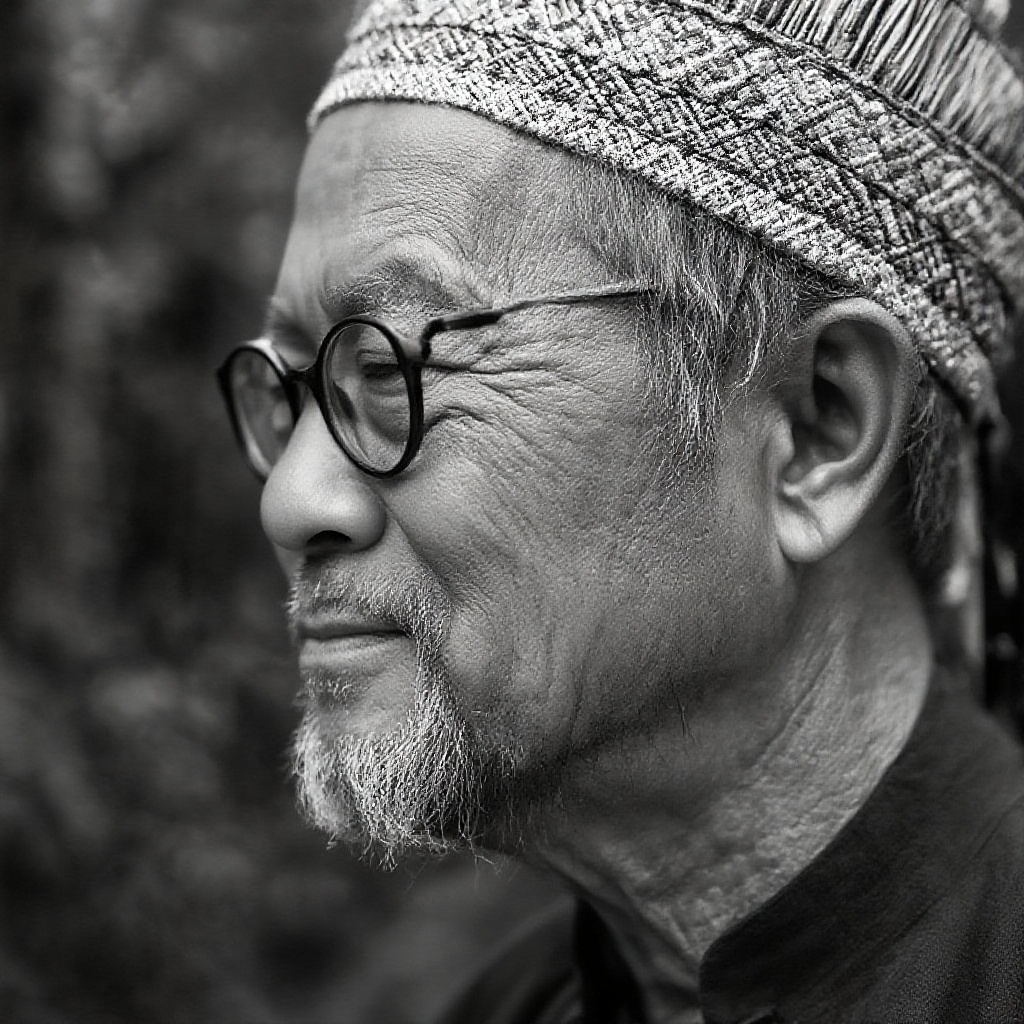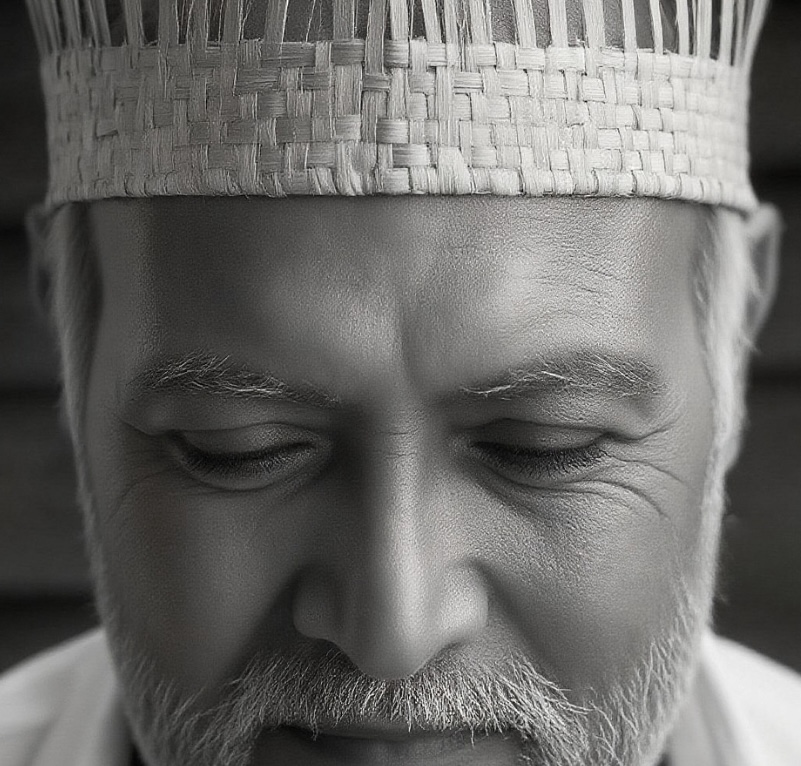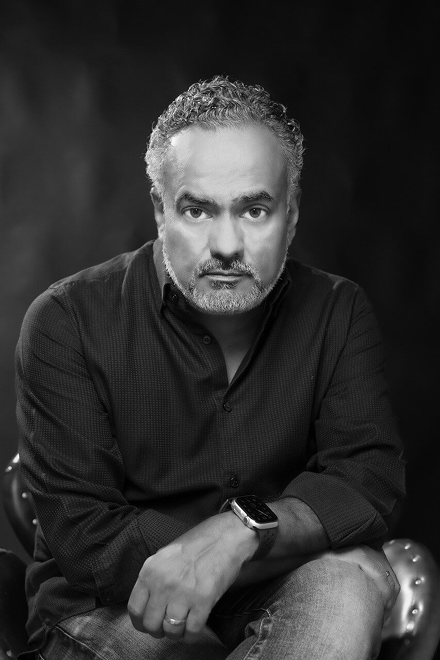As part of our ongoing mission to preserve and share the many threads that make up Malaysia’s living tapestry, The Living History Project is proud to document untold and alternative histories. This reflects our shared commitment to rethinking historical narratives and embracing a more inclusive approach to memory and identity.
One of the most important dimensions of this work is the active engagement with Malaysia’s Indigenous communities, whose lived experiences, cultural practices, and contributions have too often been overlooked or marginalised in mainstream history.
Through in-depth interviews, oral histories, and immersive storytelling, we closely with individuals from Orang Asli communities in Peninsular Malaysia and (in the future, Indigenous groups from Sabah and Sarawak). These stories from Achom, Bah Tony and Mahat Akiya, not only preserve rich traditions and worldviews that span generations—they also provide essential context to Malaysia’s plural cultural identity and illuminate the crucial roles these communities have played in shaping the nation’s environmental, social, and political landscapes.
This initiative is more than documentation; it is a form of recognition, restoration, and respect – also reflected through our Special Project in collaboration with CounterArchive. By centring Indigenous voices in the national conversation, we invite all Malaysians to listen, reflect, and reimagine a shared history that honours diversity, resilience, and belonging – history is not complete until all voices are heard.

Mahat a/l China, known by his pen name “Akiya,” is a pioneering Semai writer, poet, photographer, and storyteller from Kampung Erong in Hilir Perak. Born into the Orang Asli community in 1953, he grew up absorbing oral legends from his mother, a gifted cultural custodian. His profound connection to indigenous culture and his deep love for stories propelled him into a career spanning over 35 years as a radio broadcaster—where he used his voice to educate and uplift his people—even as he honed his craft in writing and photography
Akiya is celebrated as the first Orang Asli novelist, whose powerful works—like Perang Sangkil, Hamba, and anthologies such as Tuntut and Perjuangan Warisan Orang Asli: Suara Dari Dalam—bring to light the often-overlooked histories and struggles of his people. Through richly evocative prose, poetry, and images, he challenges mainstream narratives, giving voice to untold chapters such as the Orang Asli’s experiences of enslavement and dispossession in historical Malaysia . His work stands as a testament to cultural survival, resilience, and pride—inviting all Malaysians to engage with a truly inclusive and diverse national story.
Amani Williams‑Hunt Abdullah, fondly known as Bah Tony, is a trailblazing advocate for the Orang Asli of Peninsular Malaysia. Born on 21 May 1953 in Tapah, Perak, he became the third Orang Asli and the first male from his community to be admitted to the Malaysian Bar on 22 October 2010 . A graduate in Economics from the University of Malaya (1979), Bah Tony later retrained in law (1999–2006), fueled by a conviction to securing justice for his people
Before his legal career, Bah Tony served as President of the Peninsular Malaysia Orang Asli Association (1987–1991). As a human rights lawyer, he has championed land rights, social equity, and legal protections for the Orang Asli.His multi-layered identity—as an economic scholar, banker, lawyer, and activist—continues to shape critical discourse and reform relating to Indigenous land tenure and political representation in Malaysia.


During a recent stay in the upper Baram region near Mulu, Sarawak, I had the rare privilege of spending a month with the Penan people—one of Malaysia’s most remote and resilient indigenous communities. Tucked deep in the rainforest, their world is beautifully self-contained, far removed from the noise and urgency of modern life.
While the Penan remain largely isolated from mainstream society, I found their way of life to be deeply dignified and rooted in harmony with the land. They forage from the forest, cultivate what they need, and fish from the rivers that flow past their settlements. There is an unspoken rhythm to their days, shaped by the cycles of the forest and their ancestral knowledge.
They allowed me into their homes, their routines, and their silences. What I saw—and what I’ve attempted to capture—are not just images of a people, but glimpses into a worldview shaped by interdependence, patience, and quiet strength.
The selection I’m sharing here is just a small fraction of what was documented. There is much more—enough to form the basis of a larger body of work, possibly even an exhibition.The Penan deserve to be seen not as relics of the past, but as guardians of an enduring, alternate way of being.
— SC Shekar